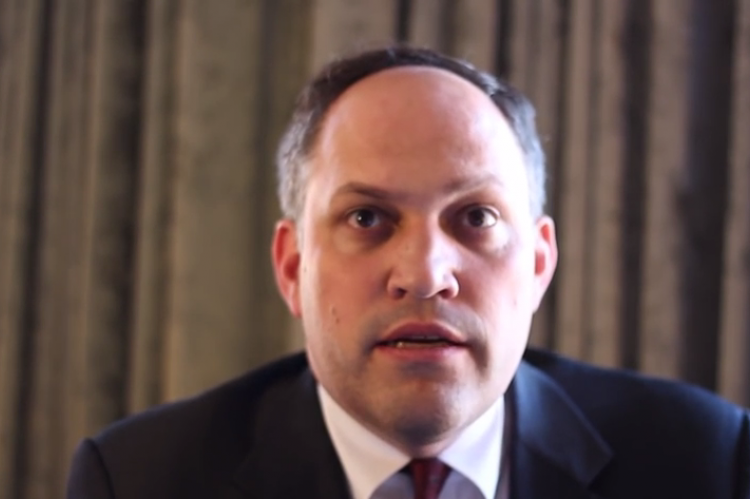Claim: “Ample intelligence” Turkey supports DAESH
Newsweek publishes Michael Rubin’s article in which he claimed there is “ample intelligence” indicating that Turkey supports DAESH
On 17 November 2016, an article published by Newsweek entitled 'Why is General Flynn taking Erdoğan's side?’ claimed there was “ample intelligence” that Turkey was providing support to DAESH.
The article, authored by Michael Rubin of the American Enterprise Institute, was published in response to an article written by recently appointed national security advisor Michael T. Flynn which called for the extradition of Fethullah Gulen back to Turkey and for a reset in US-Turkey relations.
Fethullah Gulen is the head of the Fethullah Gulen Terror Organisation (FETO), a network which the Turkish government holds responsible for July’s coup attempt. Gulen’s followers have engaged in a strategy of infiltrating Turkish state bureaucracy, including the military, since the 1980s. The true extent of the networks penetration into state institutions is becoming increasingly apparent due to increased judicial scrutiny. A fugitive from Turkish law, Gulen continues to reside in the United States.
Rubin seeks to conflate the separate issues of DAESH and FETO in an attempt to muddy the waters and keep relations between Turkey and the United States in their current lull. By arguing that Turkey is supporting DAESH yet presenting no evidence to defend his argument, Rubin constructs a narrative that the US should not assist in bringing the perpetrators of the coup attempt in Turkey to justice as doing so would “appease” Turkish president Recep Tayyip Erdogan and that “undercutting the judicial process” would “in his case would make the United States seem as much of a banana republic as Turkey has become.”
In addition to this, Rubin continues with attempting to whitewash the role of Fethullah Gulen in the coup attempt by arguing that Turkey has yet to provide evidence that verifies the involvement of Gulen stating that “Turkish authorities have failed to provide the United States with anything other than accusations and demands.” This is despite the Turkish government providing voluminous documents to US authorities substantiating the case for extradition and an offer of assistance from the US Department of State to speed up the process.1 Likewise, the Turkish side has explained its position to US delegations.2
The testimonies of soldiers involved in the coup attempt confirm that the coup was organised by FETO.3 The Gulenist leader responsible for the air force, a civilian academic, had travelled to the United States to consult Gulen and receive instructions relating to the coup.4 Likewise, Gulen’s sermons contain numerous threats directed towards the Turkish government.56
It has further been claimed that during the evening of the coup attempt, putschist soldiers linked to FETO sought to convince the Chief of General Staff Hulusi Akar to communicate with Gulen personally via telephone.
Rubin argues that he has many criticisms of Gulen but allegations of terrorism is not amongst them. Due to increased scrutiny on the activities of FETO, the organisation’s role in various nefarious terrorist attacks is becoming much more apparent. Examples include the the assassinations of academician Necip Hablemitoglu, journalist Hrant Dink,7 and other individuals.8 Other activities include the bombing of the Cumhuriyet newspaper and an attack on the Council of State. This is in addition to the three hundred persons killed during the coup attempt itself.
- 1. http://www.dailysabah.com/diplomacy/2016/07/21/us-offers-assistance-to-t...
- 2. http://www.dailysabah.com/investigations/2016/08/26/us-delegation-two-fi...
- 3. http://www.dailysabah.com/war-on-terror/2016/08/13/gulenist-coup-imam-ok...
- 4. http://www.dailysabah.com/d/national/2016/11/04/the-man-coup-troops-salu...
- 5. http://www.dailysabah.com/nation/2016/09/10/gulen-threatens-turkey-in-ne...
- 6. http://www.dailysabah.com/war-on-terror/2016/08/16/video-gulen-confesses...
- 7. http://www.dailysabah.com/investigations/2016/09/01/the-suspicious-death...
- 8. http://www.dailysabah.com/d/national/2016/10/22/feto-linked-former-gener...



